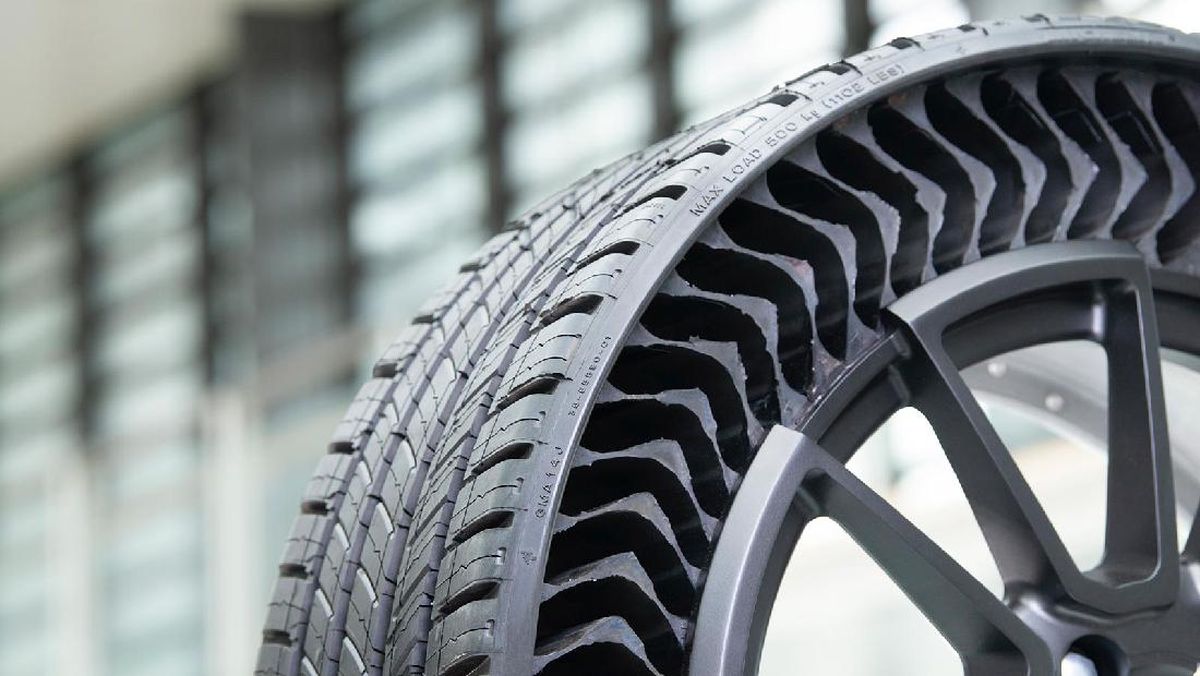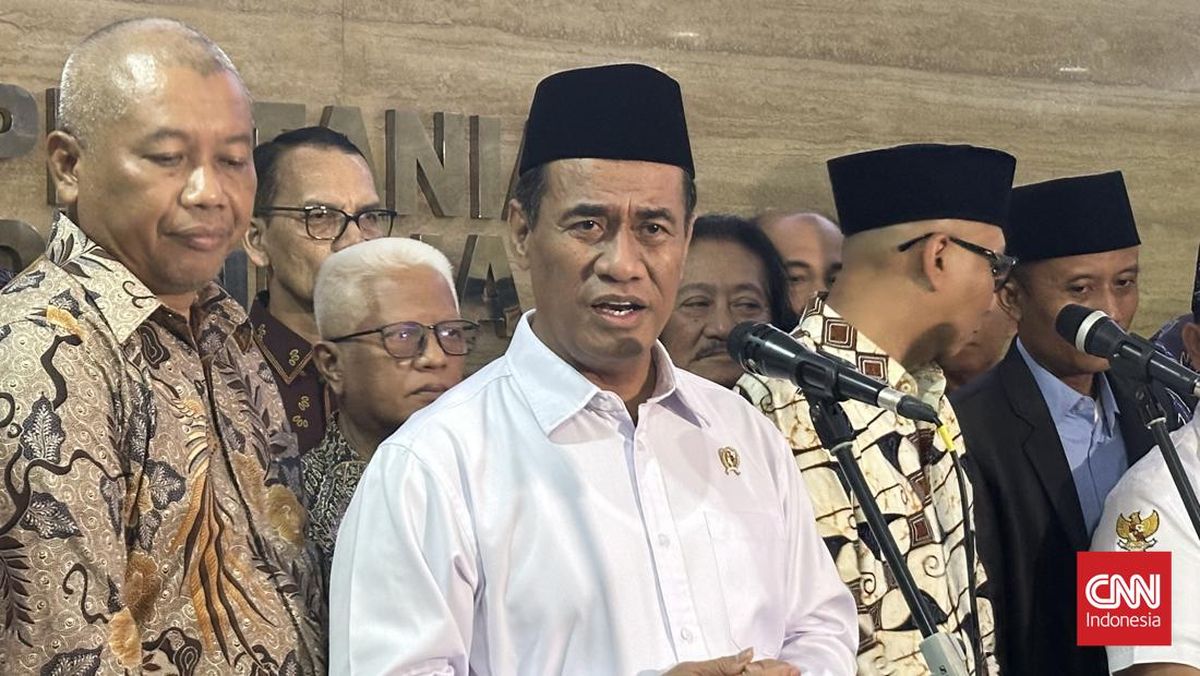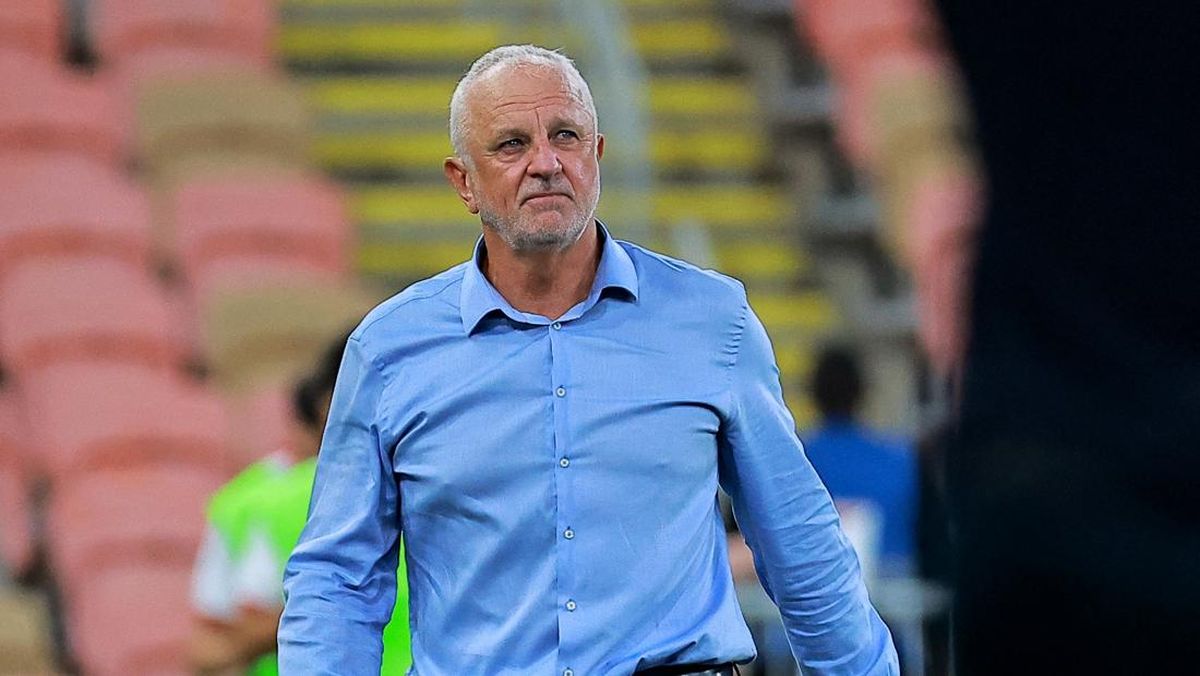Jim Chalmers has been forced into a humiliating backdown as he announced sweeping changes to the government’s proposed superannuation reforms.
After telling all and sundry for more than two years that the government would not be changing its super proposals, though welcoming all genuine feedback, Chalmers announced changes on Monday to the package that addressed criticism.

Jim Chalmers announced significant changes to the government’s superannuation tax policy on Monday.Credit: Alex Ellinghausen
The changes that have been made are sensible ones that almost all economists have been begging for. But this is quite the reversal from Chalmers and Labor, one that could have been made much sooner, and which also highlights, once again, the innate caution at the heart of the Albanese government.
The timing of the announcement was cynical: it came on the same day that the remaining Israeli hostages are being released, an event of global significance, and just as the prime minister began his first week of leave since the May election. Anthony Albanese is unavailable to answer questions about a decision he signed off on Friday.
As it was originally devised, from July 1 this year, anyone with more $3 million in their super account would pay an extra 15 per cent tax on earnings from the portion above $3 million. This was still a discount rate, but also a tax hike that would raise $2.3 billion in its first full year.
Loading
The tax would also have applied to unrealised gains on illiquid assets, infuriating farmers who would have to pay more if the working family property, owned by a self-managed super fund, increased in value. The thresholds would not have been indexed, meaning that over time more people would be captured by the tax.
At a meeting of the powerful Expenditure Review Committee of cabinet on Friday, Chalmers and Anthony Albanese agreed to a suite of changes to the policy, which then sailed through cabinet on Monday morning.
There were signs that changes were in the wind when, in Senate estimates last week, it emerged the prime minister’s office had been working with the treasurer’s department to model changes.
But Chalmers looked like a man who wished he was on a tropical island, like the PM, rather than having to front up and explain that after two years of “feedback” (also known as criticism) he had made some “tweaks” (also known as wholesale changes).
Indexation is now in, taxing unrealised gains is out, the 8000 Australians with balances over $10 million will pay a 40 per cent tax rate on anything over that princely sum, and the low-income super tax offset will be altered so that those scraping by can save more super.
Chalmers’ desire to emulate Paul Keating is well known, and the great Labor treasurer endorsed the changes within minutes of the announcement.
But the current treasurer has not yet achieved anything like Keating, at least so far.
Chalmers claims to have implemented significant micro-economic reform, for example, but who could name any of it?
He did manage to convince the prime minister in January last year to make changes to Scott Morrison’s stage three tax cuts after being knocked back in October 2022, and despite the fact that the changes broke a pre-election promise.
Loading
But promising millions of Australians they would receive an additional tax cut is not a difficult proposition to sell to the electorate in the middle of a cost-of-living crisis.
Chalmers has had less success on other big-ticket reforms.
The treasurer was always a prominent supporter, in opposition, of former leader Bill Shorten’s plans to wind back tax breaks for negative gearing, capital gains tax and family trusts.
Albanese dumped all of those policies after he became leader in 2019. After briefly considering negative gearing and capital gains tax changes last year at Chalmers’ urging and backed up by treasury modelling, the prime minister decided to overrule his treasurer, who had lost the argument once again.
The prime minister’s innate caution and the treasurer’s ambition to reform are one of the defining characteristics of this government and, as is usually the way, Albanese carried the day and ordered his treasurer to make these superannuation changes.
That is his prerogative. Albanese wants to rival Bob Hawke in the pantheon of great Labor prime ministers who changed the country, but if he keeps ducking reform, he won’t be.
And if Chalmers keeps getting rolled on major reform proposals, history will remember him as more John Kerin than Paul Keating.
Cut through the noise of federal politics with news, views and expert analysis. Subscribers can sign up to our weekly Inside Politics newsletter.
Most Viewed in Politics
Loading


















































